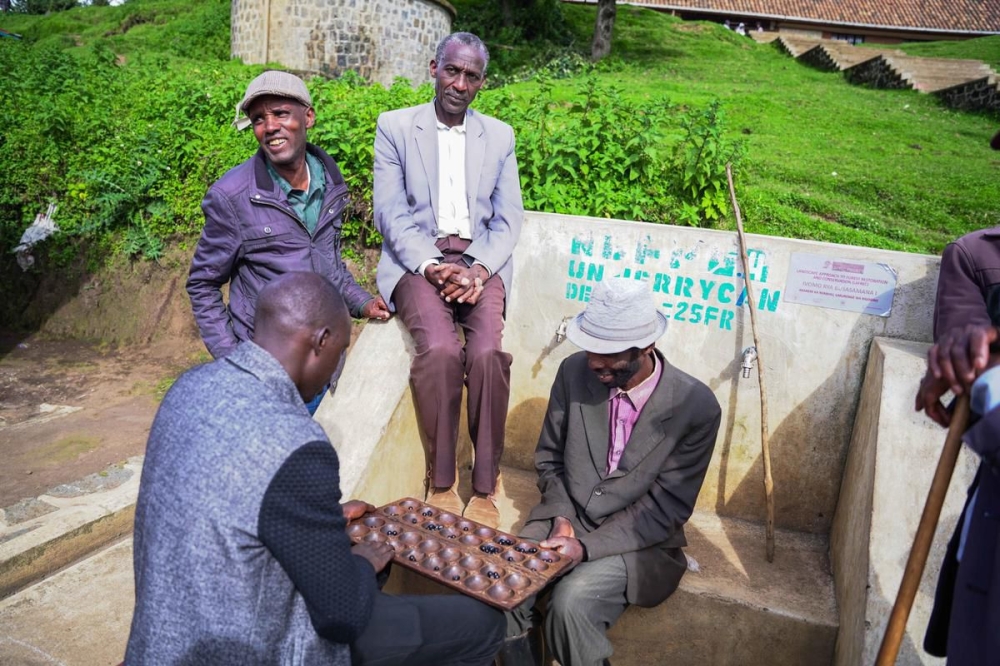The social and political turbulences in all African countries trace their origins from the colonial legacy. This is a sad fact that, as much historically accurate, holds most its power in the psychology it has developed in people’s mind.

The social and political turbulences in all African countries trace their origins from the colonial legacy. This is a sad fact that, as much historically accurate, holds most its power in the psychology it has developed in people’s mind.
The cultural alienation and ethnic divisions and the subsequent wars, which marred the political atmosphere in many countries, were largely a result of the lessons taught inside and outside class.
For the guns, germs, diamonds and oil that destroyed Africa years ago, it is the classroom that is today colonizer of identity.
Recent reports of Genocide ideology in schools has raised concern as to whether the teachers should not stand to be blamed for failing to champion discipline and unity among the young generation.
Thirteen years after Rwanda experienced its darkest period of general instability and social breakdown, there is a peaceful environment within the borders and the country is playing a big role in ensuring peace in the region.
Where as there have been home-grown measures to redress the gap created along ethnic lines in the past, such as Ingando, the schools should be flag bearers in promoting unity.
As a student at Kiira College Butiki, in Uganda, there are two basic principles which every student had to abide by; discipline and hard work.
Kiira had been known for one of the most devastating strikes in East Africa in 1985, in which the school had been completely shattered and female teachers raped. Students died, all the school cows were slaughtered once, and the library burnt.
With this history, before admission, one has to read and understand the school rules, recite the school motto of discipline, hard work and never strike again then sign the document.
A mere mention of the word strike would fetch one a suspension, and come back with a parent; teachers were closer to students than their parents, you had to be disciplined and hard working or risk being expelled.
Whereas some ideologies may be exported from homes to schools, teachers should be alerted to fight this. Failure to address this means that they shall have failed their obligation.
I suggest that teachers should be the first people to attend Ingando, because many did not go through the solidarity camps or forums for Rwandans to embrace their past by facing history and forging a common vision for a united future.
To a large extend, students are affected by a teacher’s behaviour. They tend to reciprocate their attitude. It is therefore imperative to create awareness of the necessity for unity among teachers first.
Ends




